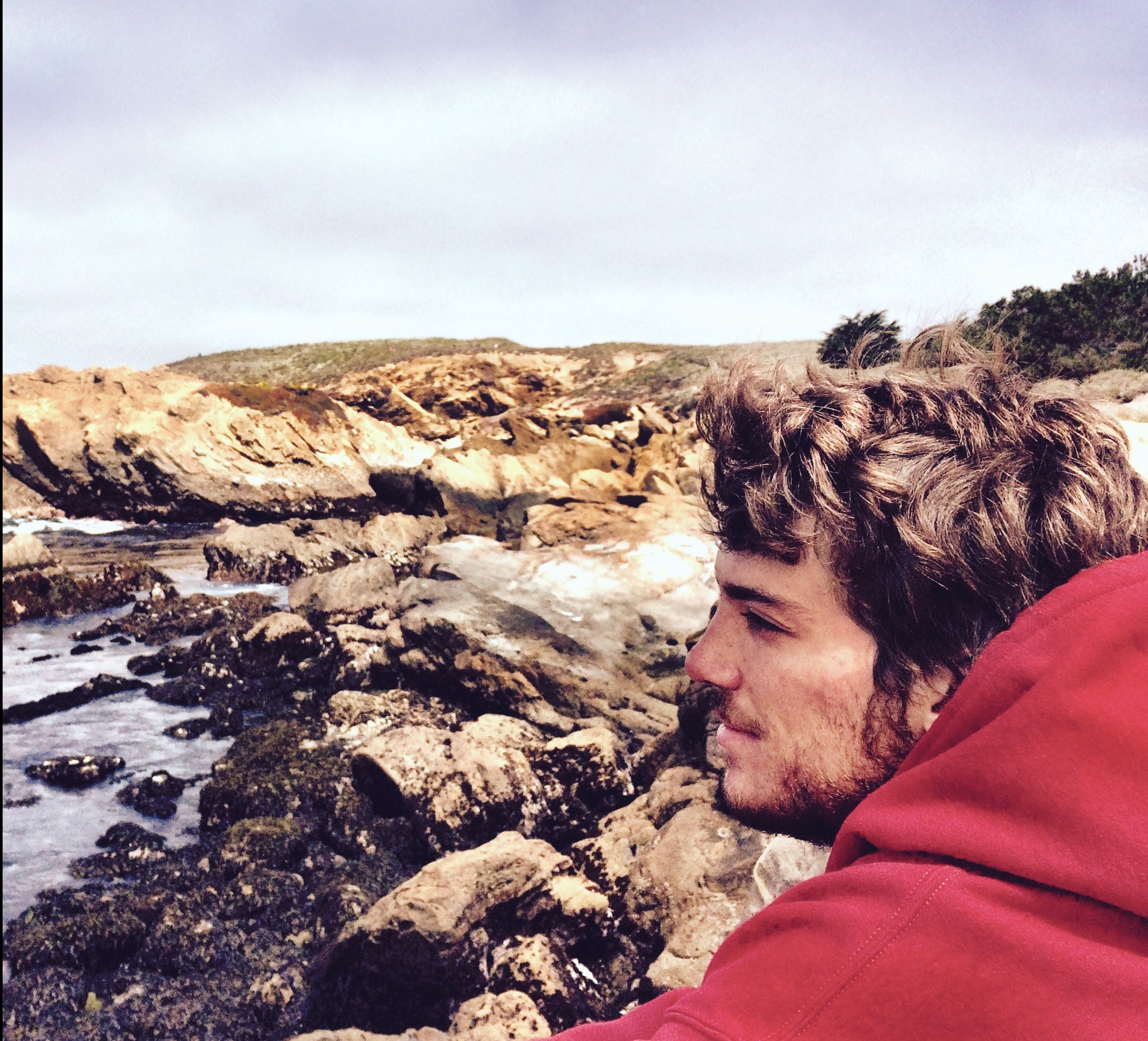By Jordan Gardner
Moving the Giants is an upcoming short film at this year’s festival about the California Redwoods. The short film explores not only trees’ response to climate change, but ours as well. As longtime sinks of atmospheric carbon, trees have a critical role to play in current and future struggles to moderate carbon dioxide levels. We caught up with Director Michael Ramsey, the owner of Boulder, CO production company Spoken Image, to learn more about his film and his take on reaching audiences.
JG: Tell us a bit about 'treequestration'.
MR: Treequestration was coined by Daniel Glick, one of the executive producers of our little film. During our research, we found quite a few references to expensive and outlandish geo-engineering schemes meant to sequester excess carbon in the atmosphere. Of course, trees already do this and trees do it without unpredictable side effects while also providing myriad "eco-services" critical to maintaining life on this planet. From this perspective, massive scale "treeequestration" could prove to be a no nonsense and very inclusive strategy to combatting climate change that we can utilize right now.
JG: What about Moving the Giants is of special, personal importance to you?
MR: For me, Moving the Giants is interesting because the debate about whether or not our climate is changing has been concluded. The zones in which the redwoods have traditionally thrived have changed and now, to find the humid environments that they might thrive in again, we have to move North, in this case into Southern Oregon. For David Milarch and the Archangel Tree Archive, preserving the genetics of the champion redwoods is the focus, but this applies to all species and assisted migration is being discussed in many contexts including our food crops.
JG: What do audiences want? Is it the filmmaker's role to worry about that?
MR: It probably is the filmmaker’s role to consider what the audience wants. Honestly, I think that when it comes to films, the general audience, myself included, is looking forward to the next comic book franchise because those things can be awesome. I have worked on some pretty visible documentaries and while they have won quite a few awards, they ultimately did very little in the way of changing policies. Robert Downey Jr. was quoted recently saying something that seems very true… It sucks to work on low budget films because they usually suck. I think MTG bears witness to this in some ways, it is a very small film but there is a big idea in there. In the end, it was just a camera and limited time and resources and I had to just let it go, in hopes that it might further tree planting efforts and further discussions about things that we can all get directly involved in right now rather than feeling defeated and powerless.
JG: What are some of the platforms you find effective in reaching people?
MR: As far as effective platforms go, this is where little documentaries can be very satisfying. I have done some Q and A's at film festivals and one that we had at BANFF film festival sticks out. One very enthusiastic audience member came up after the screening and she was fired up. She and her husband were retired and looking for something to commit their considerable energies to. After some wine and our collective whining about humanity's state of affairs they committed to getting involved. In fact, they pledged a considerable amount of money to tree planting efforts and the production of a film that I am working on now based on NY Times science writer Jim Robbins' book The Man Who Planted Trees. So, in that way, documentaries sometimes have the endearing effect of a hastily handwritten note delivered to a stranger rather than a zillion dollar, ingeniously marketed superhero franchise. I do think that it would be a wonderful challenge to revive the uber-creative tradition of Super Bowl ads but use that visibility to pitch hyper sexy ads about tree planting, helping each other out, you know, things like that, but sexy. Why not find one solution to one of any of our global problems and feature a 30 second film during the World Cup that offers everyone that wants to do something beneficial in the world a turnkey solution? That would be a platform well utilized, I think.
















